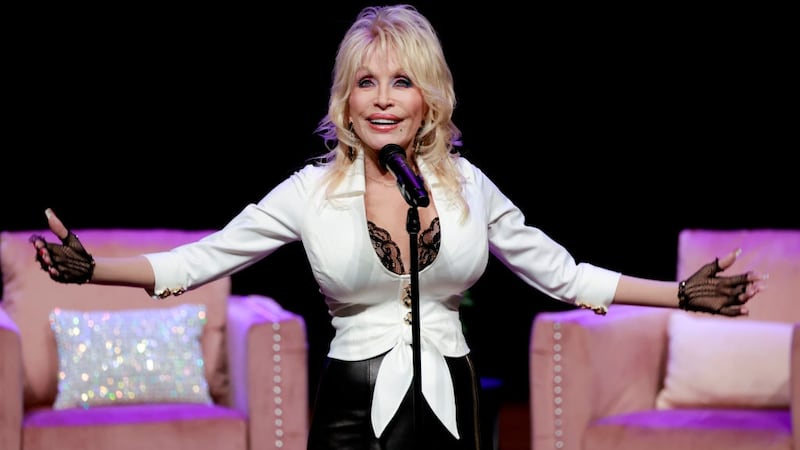A Washington state anti-trust lawsuit to block the proposed merger of Kroger and Albertsons is set to begin Monday.
Attorney General Bob Ferguson filed the lawsuit, contesting a merger of the two largest supermarket companies in the state, saying it would severely limit shopping options for consumers and eliminate vital competition that keeps prices low.
Ferguson will join members of the United Food and Commercial Workers International Union, at a rally being held outside Seattle City Hall during the court’s noon recess on Monday.
Other participants will also speak at the rally including U.F.C.W. 3000 President Faye Guenther, MLK Labor Executive Secretary-Treasurer Katie Garrow and Yasmin Ashur, a Port Orchard Albertsons worker.
Earlier this year, King County Superior Court Judge Marshall Ferguson rejected a motion from Kroger and Albertsons to dismiss the lawsuit.
“Free enterprise is built on companies competing, and that competition benefits consumers,” said Attorney General Ferguson in a statement released after the decision. “My legal team and I will continue working to protect Washington consumers and workers from increased prices and fewer choices.”
Ferguson filed the lawsuit in January, asserting the merger would violate Washington antitrust law, eliminate Kroger’s closest competitor and cause consumers to pay more.
Kroger and Albertsons are the two biggest supermarket chains in our state. The two companies are also the second and fourth-largest grocery retailers in the nation.
The grocery giants employ more than 700,000 workers in nearly 5,000 stores across 49 states.
Kroger and Albertsons operate more than 300 supermarkets in Washington, including approximately 194 in the Seattle-Tacoma-Bellevue metropolitan area.
According to the Seattle Times, which cited statistics from Nielsen, more than half of the households in the Seattle metro area shop most frequently at stores owned by one of the two companies.
The Washington Attorney General’s Office says more than half of all supermarkets in the state are owned by either Kroger or Albertsons.
Albertsons owns Safeway and Haggen, while Kroger owns QFC and Fred Meyer.
The companies have proposed selling hundreds of stores to C & S Wholesale, a company that currently operates 23 supermarkets. That would make C & S the second-largest supermarket operator in the state nearly overnight.
Ferguson argues the proposed merger would immediately position the newly combined Kroger-Albertsons brand to outcompete the C & S stores.
Albertsons and Kroger have contested assertions that C & S Wholesale would not be a viable operator. Attorneys argued C & S would be well-positioned to operate the stores and that their divestiture plan bears no resemblance to previous failed divestitures Safeway and Albertsons made to Haggen and Lawrence Bros.
“C & S is not a mom-and-pop operation or a risky private equity venture,” Kroger said in a filing to the Federal Trade Commission. “It is a well-capitalized company with deep industry experience.”
The companies announced revisions to their original divestiture plan with C & S on April 22nd.
When Albertsons merged with Safeway in 2015, it sold 146 stores to Haggen, including 26 in Washington state. But analysts say Haggen lacked the infrastructure needed to quickly expand to a multi-state national operation. Haggen struggled and was forced to file for bankruptcy less than a year later.
Albertsons bought back more than 50 of those stores it had previously divested, including 14 in Washington state. Some stores were reacquired by paying just one dollar per store at auction. Albertsons now owns and operates Haggen stores in our state.
Critics fear that if C & S fails, it could lead the way for Kroger to reacquire its divested supermarkets, the same way Albertsons did after Haggen’s failure.
A statement from a Kroger spokesperson was released Monday morning:
Statement attributable to “Kroger” or “A Kroger Spokesperson”:
“Kroger joining with Albertsons will mean lower prices for more customers, higher wages for more associates and increased food access in more communities.
“Kroger will bring down prices for residents of Washington State, with more than $100 million already committed to lower prices in the Evergreen State beginning Day One.
“In addition to lower prices, this merger will secure the long-term future of union jobs. When the grocery industry lost thousands of unionized roles, Kroger added 100,000 union jobs since 2012.
“The merger and divestiture package will ensure no stores will close and no frontline workers will be laid off as a result of the merger. And all current collective bargaining agreements, with bargained-for wages and benefits honored.
“Only global, non-unionized giants like Walmart, Amazon and Costco will benefit from this deal being blocked, allowing them to continue to fight unions while growing their grocery dominance unchecked.”
Tom Brock is a weekend editor, reporter and anchor for KIRO Newsradio.
©2024 Cox Media Group







